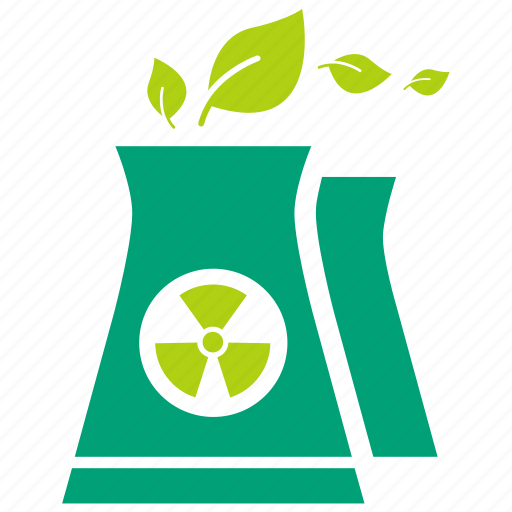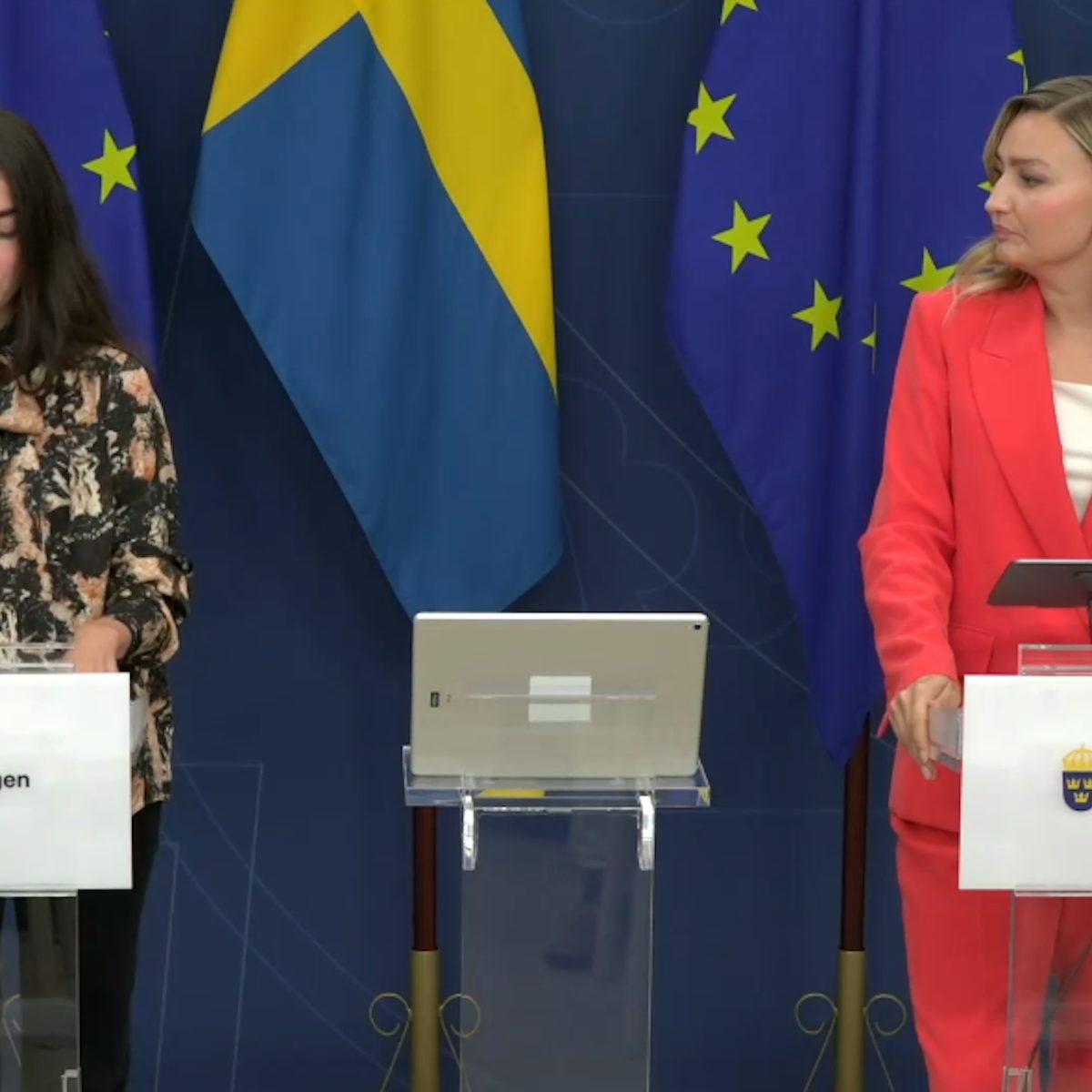The Swedish government has announced it intends to invest over SEK1bn (€88m, $97m) in 2025 to expand fossil-free electricity production including plans for an investment of more than $9m in pilot and demonstration nuclear power projects.
The government said in a statement that in the budget bill for 2025, it is proposing “a series of investments to secure an increased and secure energy supply, which is a prerequisite for climate change”.
The statement said new nuclear power is needed to meet future electricity needs and to increase supply security in the electricity system.
It said: “The government’s work to enable the expansion of new nuclear power is now entering a more intensive phase.”
The statement said the investments required will largely be made with existing nuclear technology, but “new innovative solutions will also be required both within individual technologies and at the system level”.
The government also said it will streamline the permitting process for new reactors and is increasing an Environmental Protection Agency grant with an additional SEK2.5m (€219,500, $240,800) in 2025 so the agency can provide guidance. In 2026 the grant is estimated to increase by SEK2.5m and in 2027 by SEK1.5m.
The government also said “additional work” will be required to strengthen the conditions for new nuclear power and it is allocating SEK30m (€2.6m $2.8m) in 2025 for this purpose. It estimated that SEK35m will be set aside in 2026 and SEK25m in 2027.
‘Urgently Working On Financing Model’
Financial markets minister Niklas Wykman said “now we are urgently working on the financing model for new nuclear power”. He said nuclear power is an important part of securing Swedish growth in the future, not least because it can be planned.
Mattias Johansson, secretary of the Sweden Democrats party, the largest member of Sweden’s right-wing governing bloc, said the government and the Sweden Democrats have already taken a series of decisive measures to improve the conditions for new nuclear power, and now further steps are being taken.
“It is absolutely necessary to meet the electricity needs of the future and to increase the security of supply in the electricity system,” he said.
“There is also a renaissance going on in nuclear power with several new exciting technologies, where Sweden will now also be able to participate and lead the development by developing new technology in the field.”
The government said it intends to submit the proposals to parliament as part of its budget bill for 2025.
Background: Stockholm’s Ambitious Nuclear Plans
The current government, which took office last year, has taken a number of measures to remove barriers and create better conditions for new nuclear power.
Late last year Sweden’s parliament approved a bill allowing more nuclear reactors to be built than planned, scrapping the previous cap of 10. New laws will also allow construction of nuclear reactors at sites other than existing ones.
Parliament also established a new energy policy goal of a completely fossil-free electricity system by 2040, which includes nuclear power.
The government is calling for new nuclear power with a total output corresponding to at least two large-scale reactors to be in place by 2035. By 2045 it wants a further expansion that could correspond to at least 10 new large-scale reactors.
It appointed a national coordinator for the expansion of nuclear power who called on Stockholm to establish an organisation that can oversee its ambitious plans for the deployment of large-scale nuclear reactors and small modular reactors. Carl Berglof said the new organisation would manage activities and resources common to several nuclear power projects.
A government commission said recently that Sweden’s plans for a rapid expansion of its nuclear power capacity are likely to cost around 400 billion crowns ($38bn, €34bn) and should be financed by a mix of government loans and price guarantees.
Sweden-based power company Vattenfall announced earlier this year that it had shortlisted Rolls-Royce SMR and GE Hitachi’s BWRX-300 SMR designs in an ongoing evaluation to potentially deploy new reactors at its existing Ringhals nuclear site in southwest Sweden.
Sweden’s six existing nuclear plants are at three sites: Forsmark, Oskarshamn and Ringhals. According to International Atomic Energy Agency data, nuclear energy provided 28.6% of the country’s electricity generation in 2023.


